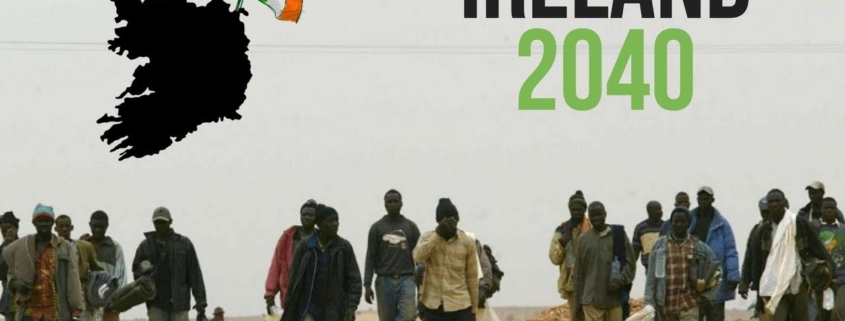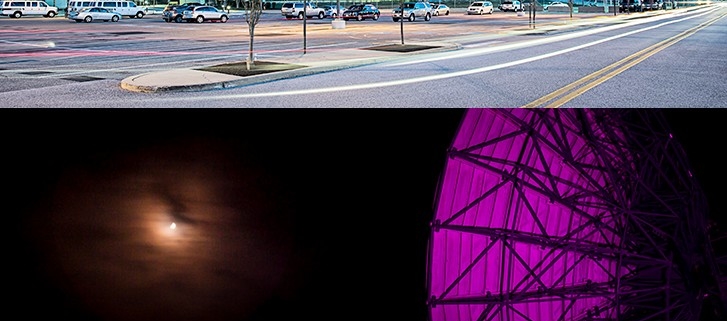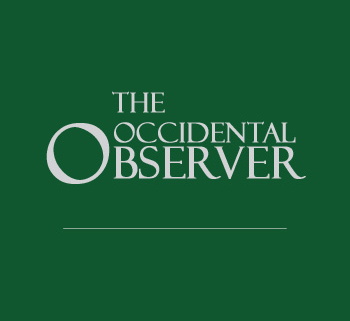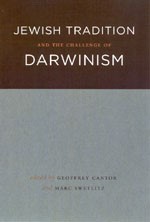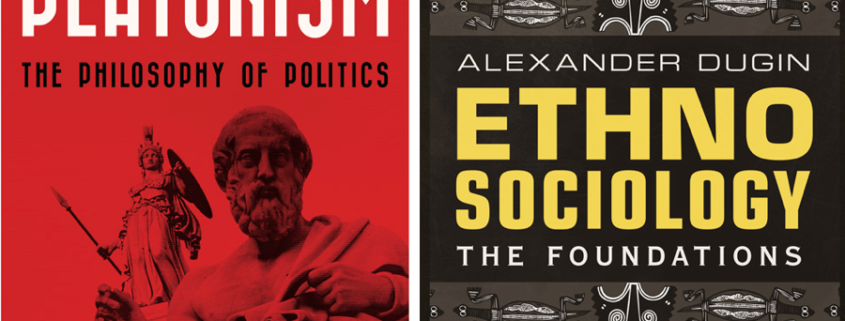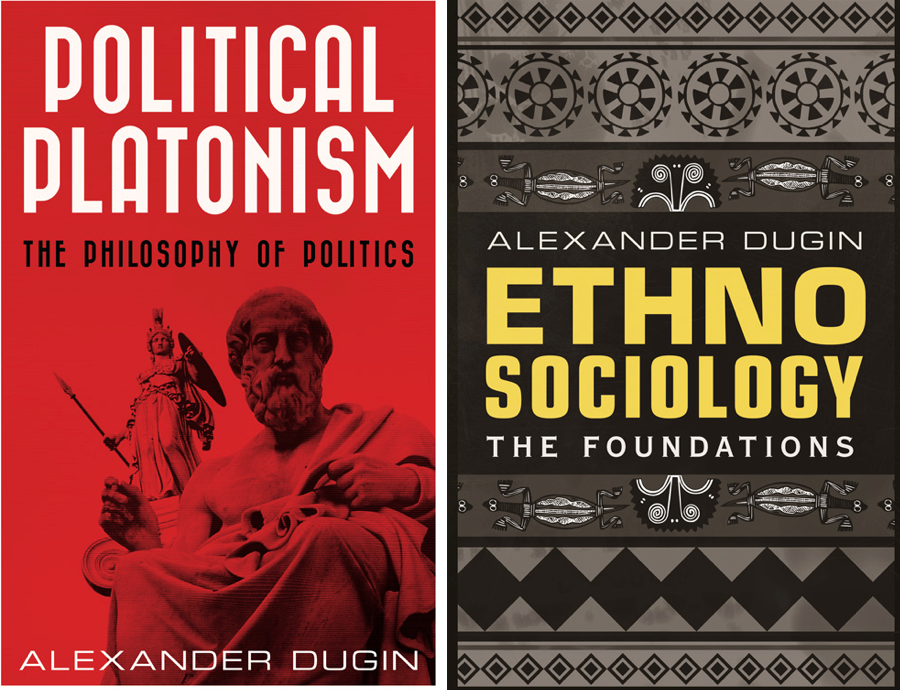“Become other than White”: Ireland and Radical Jewish Activism
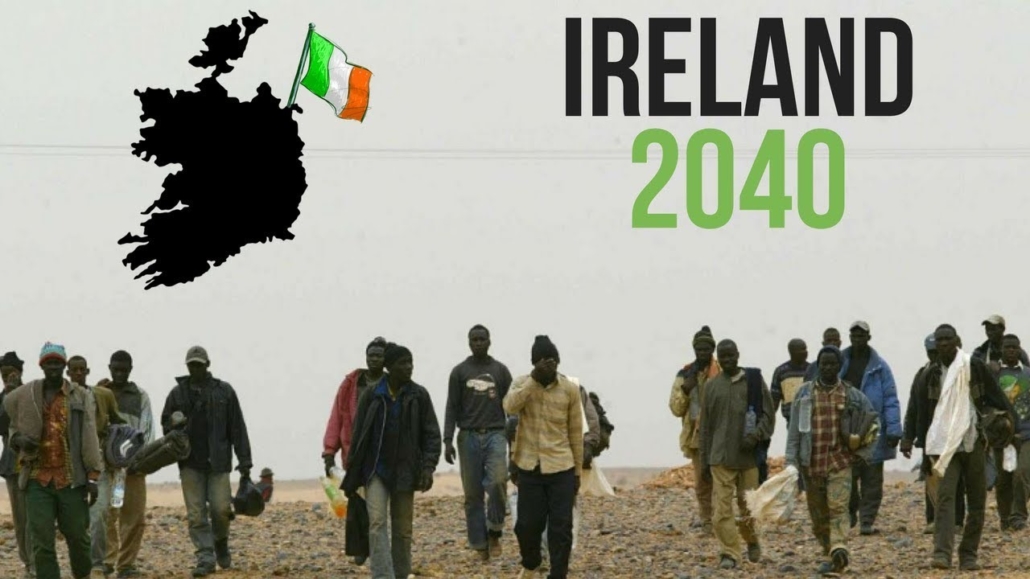
“Five Jews came from over sea with gifts to Tairdelbach [King of Munster], and they were sent back again over sea.”
Annals of Inisfallen, 1079 A.D.
“I propose an interrogation of how the Irish nation can become other than white (Christian and settled), by privileging the voices of the racialised, and subverting state immigration, but also integration, policies.”
Ronit Lentin (Israeli academic), From racial state to racist state: Ireland on the eve of the citizenship referendum, 2007.
Prelude
Tairdelbach of Munster (Turlough O’Brien 1009–86), who was, by 1079, effectively the High King of Ireland, probably holds the world record for the fastest expulsion of Jews. He dominated the Irish political scene, had crushed the Viking leadership of Dublin, and possessed “the standard of the King of the Saxons.” His son had even commenced raids into Wales and the British coast. Unfortunately, we can only surmise the nuances of the 70-year-old warlord’s reaction to the sudden arrival of a handful of gift-bearing Jews, because the Annals of Inisfallen are thin on detail. The delegation almost certainly originated in Normandy, where Jews thrived under a symbiotic financial relationship with William the Conqueror. William, of course, had introduced Jews to Anglo-Saxon England thirteen years before the approach to Tairdelbach, leaving open the possibility they could have travelled directly to Ireland from one of these new Jewish enclaves in England. In any event, it is almost certain that they arrived seeking permission to settle in Ireland’s urban centers, forge a relationship with the Irish elite (Tairdelbach himself), and engage in exploitative moneylending among the lower social orders. This was a pattern that had hitherto been witnessed throughout Europe. And yet Tairdelbach’s reaction was to reject the gifts and immediately expel the Jews. They would not be able to form a community in Ireland for several centuries.
It’s probably no coincidence that Tairdelbach was regarded in his lifetime as a good and Christian king. He enjoyed close relationships with the Irish church, and the church in England, and was patron to a number of religious figures and scholars. He was almost certainly a literate and educated man, and his decision to expel the Jewish delegation may have been based on a body of knowledge rather than mere instinct. Historians Aidan Beatty and Dan O’Brien comment on the expulsion:
No one in Ireland had ever seen a Jewish person prior to this incident, yet the visitors are unambiguously described as “five Jews” (coicer Iudaide) and the Irish people already have a word for Jews, Iudaide, a medieval Gaelic word that clearly has its roots in the languages of classical antiquity. But more than that paradox, there is also a certain kind of cultural knowledge at work here. The medieval Irish who gave such short shrift to these Jewish guests “know” something about Jews, or more accurately they think some things about Jews: they “know” that Jews are not trustworthy, that Jews bearing gifts are not to be taken into one’s care. And Jews are not suitable for residence in Ireland – they should be expelled from the country.[1]
The impression is therefore that Tairdelbach was a savvy and selfless leader, who sought the good of his people more than the good of his own short-term financial situation. Read more

